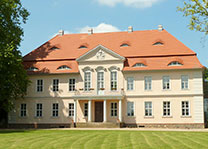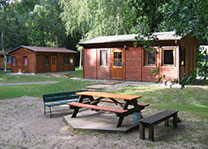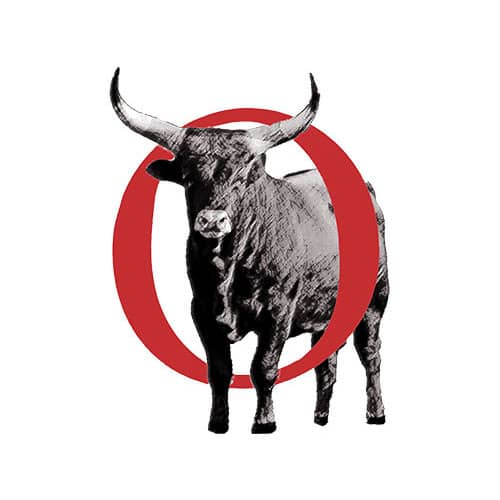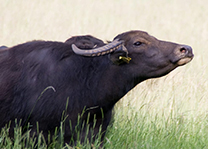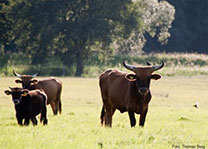Forced to contradict
On November 10, 2020, the Association of Friends of the German-Polish European National Park Unteres Odertal eV (National Park Association) lodged an objection to the Land Reorganization Plan, South I, at the State Office for Rural Development, Agriculture and Land Management (LELF) in due form and in due time. The land consolidation plan is clearly unlawful, unconstitutional and immoral and violates the national park association’s rights. The National Park Association was forced to take this step because the State Office for Land Reorganization has not yet responded to the association’s justified requests for changes. The objection is now processed and decided by the state office, later by the highest land reorganization authority, the Ministry of Agriculture. This decision can then be sued at the Higher Administrative Court in Berlin / Brandenburg. In addition to the National Park Association, further contradictions from the group of participants in the land reorganization are to be expected.
The main reason for the objection for the National Park Association is the attempt by the State Office — without question on the instructions of the then Minister of Agriculture — to instruct the National Park Association predominantly in the economically completely worthless and nature conservation-related total reserves (Zones Ia and b), but the State of Brandenburg itself as a priority Zone II, which is economically and in terms of nature conservation interesting, in which farming can continue and which is also intended to serve the protection of biotopes and species. In doing so, the Ministry of Agriculture, according to its own written statement, wanted to ruin the unpopular National Park Association economically and deprive it of any design options in the National Park. The National Park Association, on the other hand, calls for its areas and exchange areas to be assigned priority to Zone II (around 5,000 hectares, half of the National Park), and also to the areas of the core area of the large-scale nature conservation project that are outside the national park and that are as completely closed as possible the National Park Association is obliged to acquire. If there are still exchange areas of the National Park Association, the Association is of course ready to take over Zone I areas (total reserves).
As part of the land consolidation and the free transfer of federal land for nature conservation purposes in the process area of land consolidation, the state of Brandenburg has massively stocked up with areas that are completely sufficient to transfer the entire reserve areas (zone Ia and b) into state ownership. This is also the case across Germany, practically without exception.
Neither nature conservation nor agriculture would have to expect damage or disadvantages from the solution proposed by the National Park Association, even if the Lower Oder Valley land consolidation procedure in Brandenburg were to proceed according to law, as in the federal land consolidation act, but also in the Brandenburg land consolidation act Ministry of Agriculture and the letter of the Ministry of the Interior as expropriation authority from the year 2000 itself is expressly recorded. In any case, the national park is only owned by the National Park Association and the Ministry of Agriculture, the only open question is: who will get Zone I (total reserves) and who will get Zone II (species and biotope protection)? For the National Park Association, however, it is the decisive, existential question.
The board of directors




